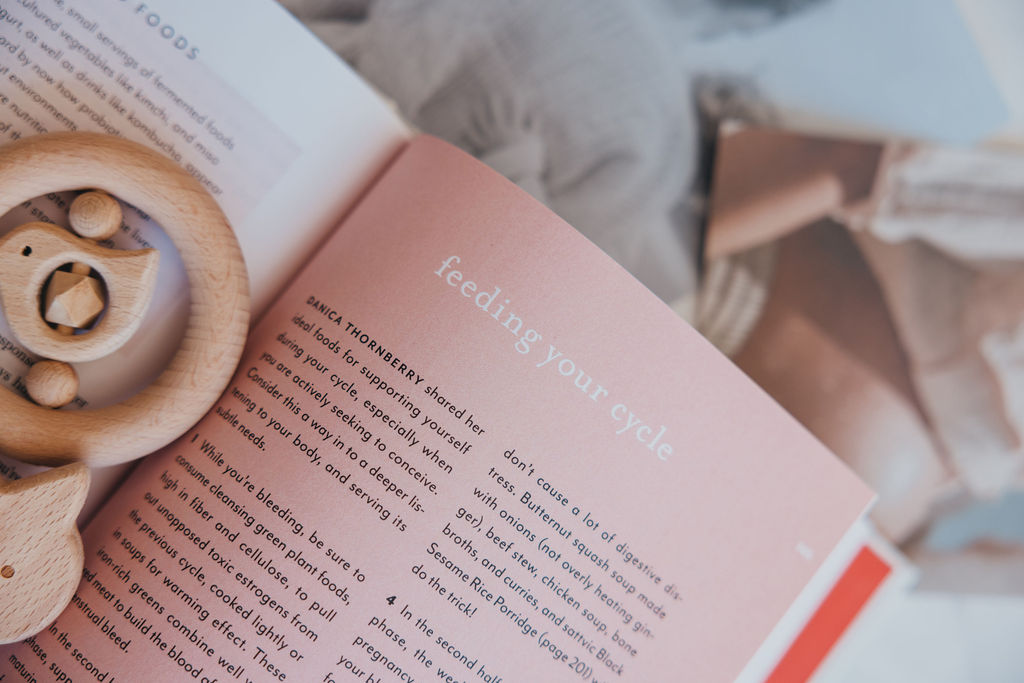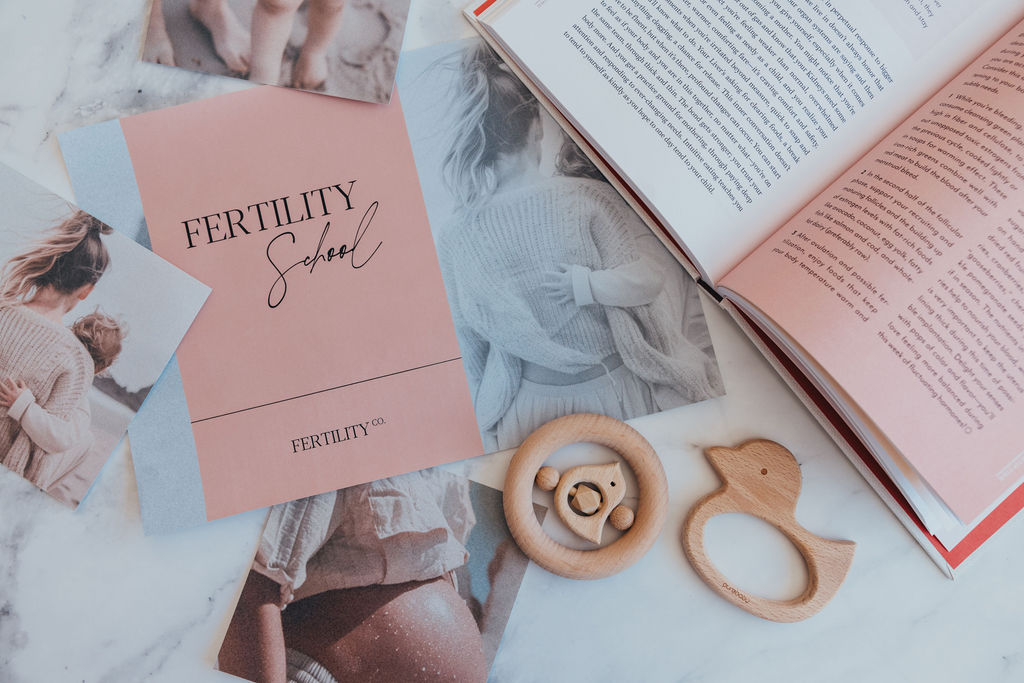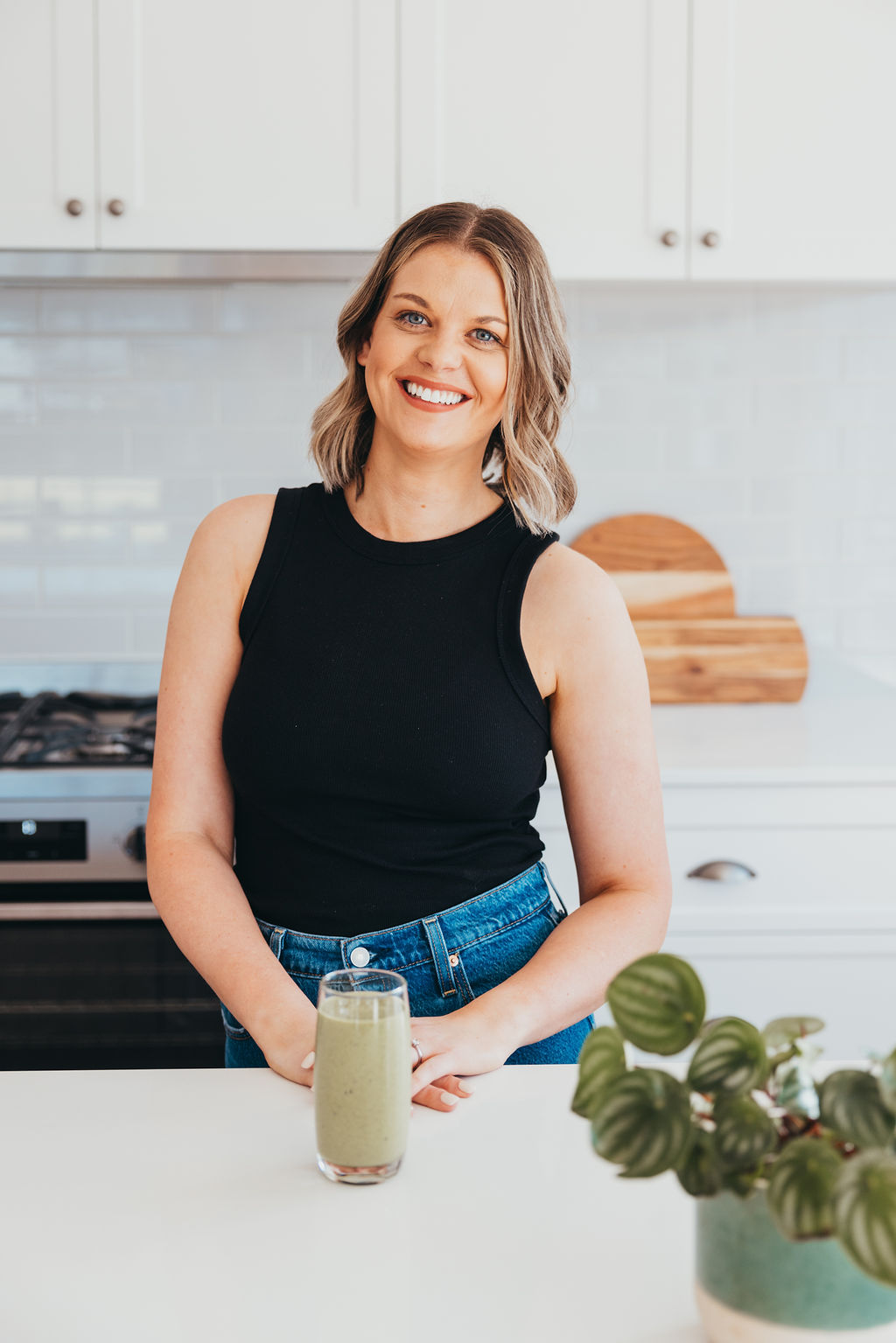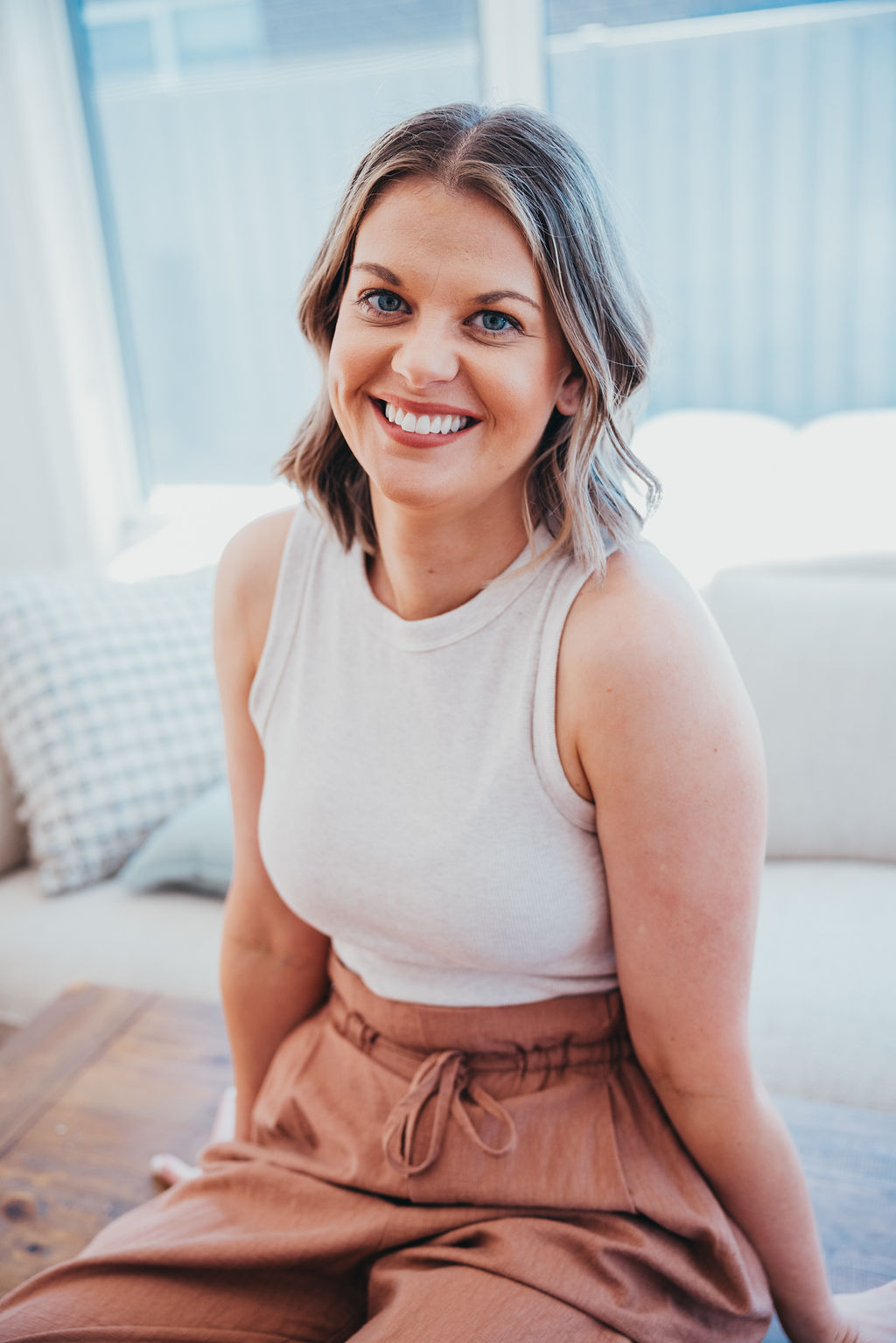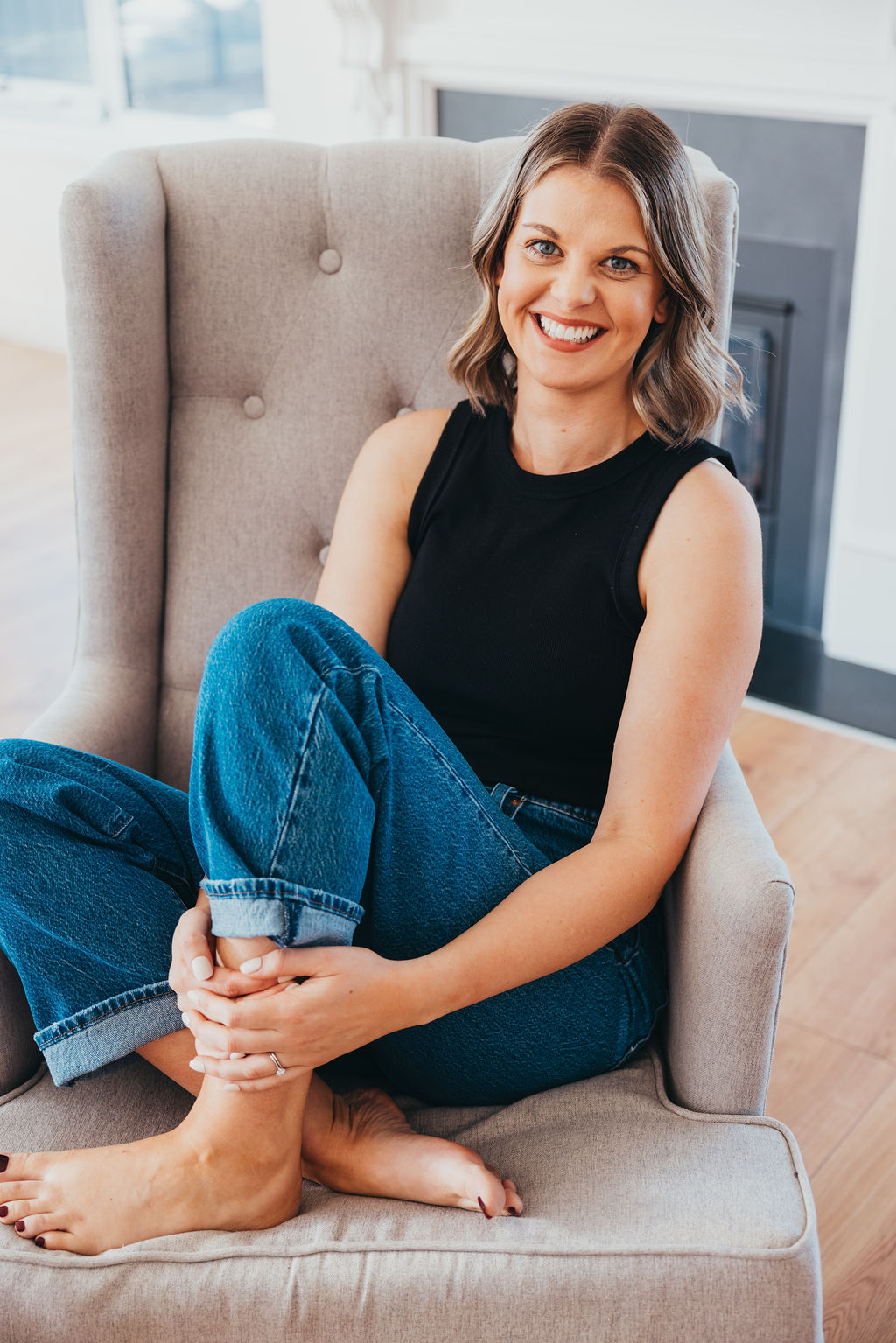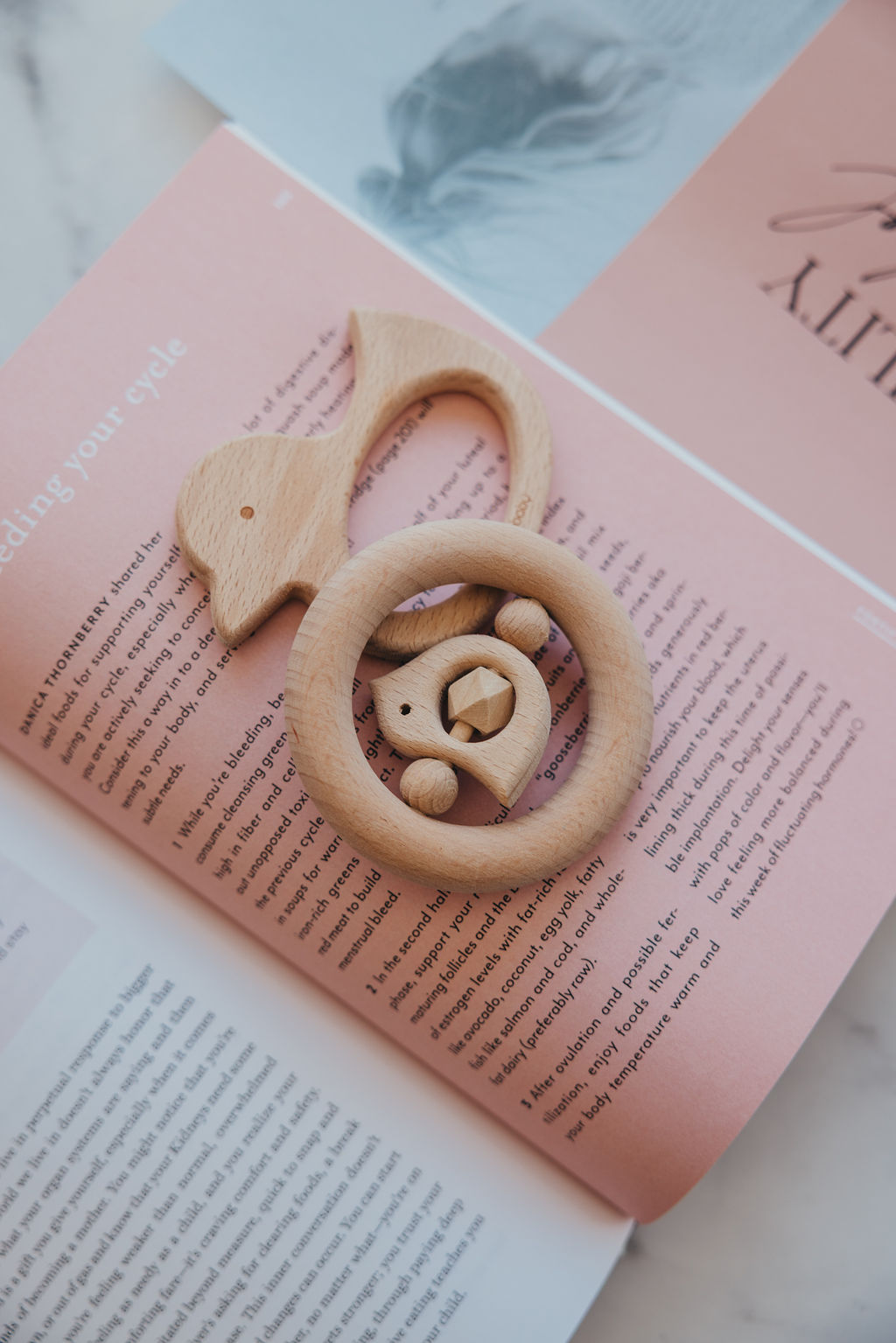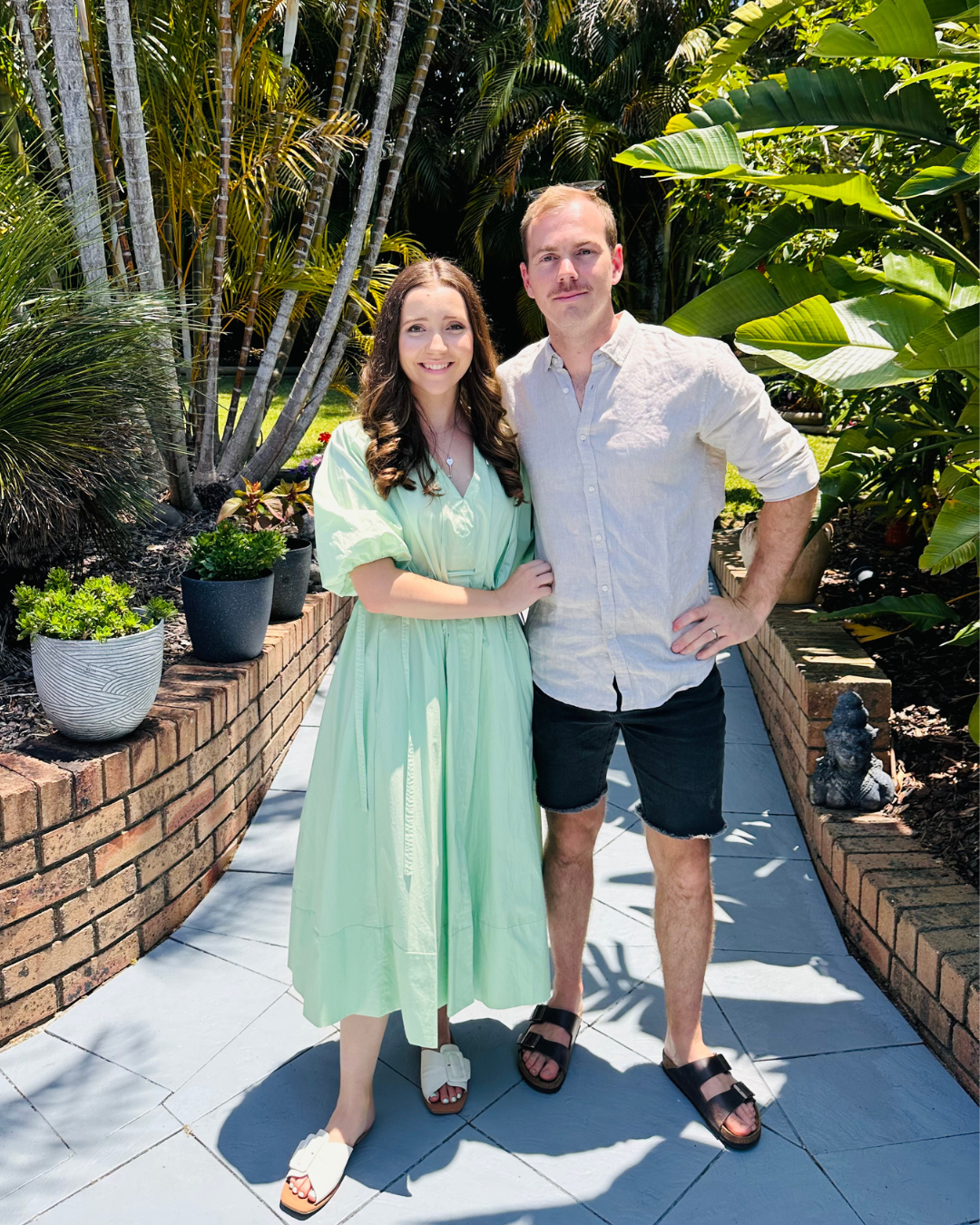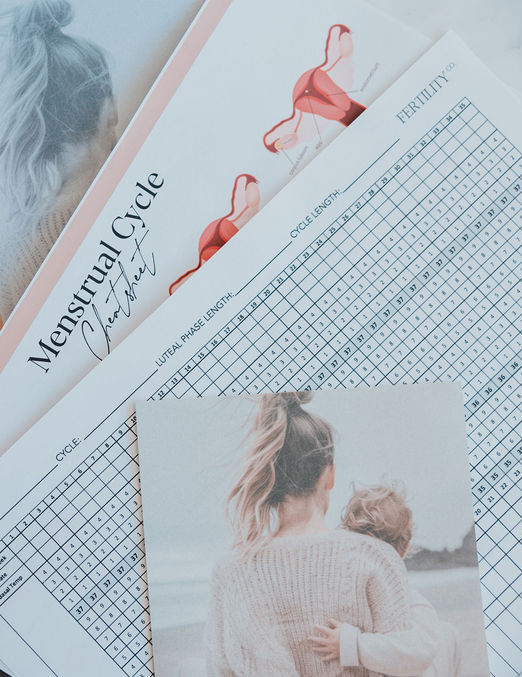The Fertility co.
Podcast & Blog
Let's re-learn everything they never taught us in health class.
Categories:
LISTEN TO THE PODCAST / READ THE BLOG
90's kid
light sleeper
mum of two
Hi, I'm Rachel.
Your New BFF
+ Fertility Coach.
With my professional background in women’s health, I noticed so many women struggling to conceive and looking for a simple way to identify their most fertile days so they could get pregnant quickly and naturally, without relying on confusing and inaccurate tracking apps and ovulation testing strips.
So, I started Fertility co., launched a podcast, and created my Fertility Freedom coaching framework to help women just like you to identify your fertile window and pinpoint ovulation day, halving the time it takes to get pregnant and supporting you to finally become the mother you know you were meant to be.
With my professional background in women’s health, I noticed so many women struggling to conceive and looking for a simple way to identify their most fertile days so they could get pregnant quickly and naturally, without relying on confusing and inaccurate tracking apps and ovulation testing strips.
So, I started Fertility co., launched a podcast, and created my Fertility Freedom coaching framework to help women just like you to identify your fertile window and pinpoint ovulation day, halving the time it takes to get pregnant and supporting you to finally become the mother you know you were meant to be.
Learn more
Start here:
The Fertility co. Podcast
The podcast where you'll get answers to those questions you’ve been secretly Googling and all those things you’re too embarrassed to ask your doctor.
Because … well ... We’re women!
Shouldn’t we just *know* this stuff??
Work With Me
Get to know your cycle *inside-out* with my tailored courses and natural fertility coaching - because crossing your fingers and hoping you got the timing right doesn’t make a baby.
LISTEN now
WORK WITH ME
The podcast where you'll get answers to those questions you’ve been secretly Googling and all those things you’re too embarrassed to ask your doctor.
Because … well ... We’re women!
Shouldn’t we just *know* this stuff??
Get to know your cycle *inside-out* with my tailored courses and natural fertility coaching - because crossing your fingers and hoping you got the timing right doesn’t make a baby.
The Biggest Fertility Mistake Too Many Women Are Making
TOP DOWNLOAD
The Menstrual Cycle
Masterclass Series
TOP DOWNLOAD
LISTEN NOW
LISTEN NOW
Want to Know Exactly When You're Ovulating?
Maximise your chances of pregnancy with absolute and unshakeable confidence that you've got your timing perfectly right.
Maximise your chances of pregnancy with absolute and unshakeable confidence that you've got your timing perfectly right.

